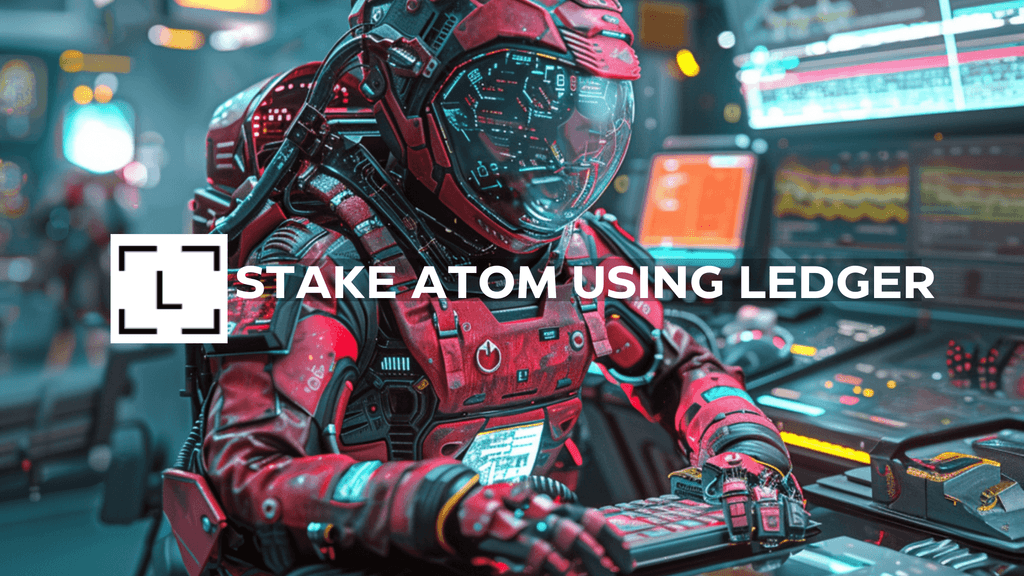Introduction to Smart Contracts
Smart contracts are digital protocols intended to facilitate, verify, or enforce the negotiation and execution of a contract. Conceptualized by Nick Szabo in 1994, these contracts operate on blockchain networks, such as Ethereum, using code to automatically execute transactions when specific conditions are met. This innovation eliminates the need for intermediaries, reduces costs, and enhances transaction efficiency and transparency.
How Smart Contracts Work
Smart contracts operate on a simple “if/when…then…” logic embedded within the blockchain. When the predefined conditions are satisfied, the network of computers executes the actions specified in the contract. This might include transferring funds, registering assets, or sending notifications. Once executed, the transaction is immutable and visible to all parties involved, ensuring transparency and trust.








